How Can We Help?
Additional Questions? Ask Them Here
Are you a Wyoming-owned/operated business? If yes, you are eligible!
We also cannot accomodate a business that has an open campaign on another site.
Our platform is equity crowdfunding, meaning investors usually gain ownership in the business, structured by you.
- Businesses or individuals will utilize the Invest307 hub to access the Wyoming Invests Now (WIN) platform.
- The Secretary of State (SOS) paperwork and Support Network are also available to entrepreneurs upon sign up.
- Entrepreneurs structure their campaign with a specific timeline and funding goal.
- Entrepreneurs also market their campaign unique to their business, leveraging their networks for support.
- Accredited Investors are investors with annual income exceeding $200,000 ($300,000 joint)
- Non-accredited Investors are investors making less than $200,000 ($300,000 joint) per year
- Invest307 is for BOTH types of investors
Build up an audience early (two-months is generally a good amount of time to share your vision, gain followers, and get feedback)
Difference between soft launch and hard launch- the audience (Soft launch is the time to leverage your inner network to build momentum. Hard launch is for your target audience, who you would want at the ‘grand opening’ and media)
Build a strong foundation for early backers (The first 48 hours of a successful campaign are critical, reach out to your supporters and thank them, offer them perks or special access. Once you hit 30% of your goal, cast your net wider and gain new supporters)
Utilize Invest307 & social media to get the word out!
- Regularly update your media and campaign pages so people stay engaged and aware
- You can launch a referral campaign
- Outreach to people who are likely to use or cover your project.
- Be transparent and reasonable in your goals and your ‘why’ with your community
Our Support Network is made up of community and business stakeholders that have a wide range of expertise. Their purpose is to help with the preparation process and advise on matters pertaining to the business.
- We encourage each part of the state to have a local support network in order to meet the needs of entrepreneurs.
- Anybody with expertise in business, investing, finance, development, accounting, valuation, etc. should contact us at hello@invest307.com and we will discuss becoming a member.
- Support Network members pay to be a resource. Please constact us to speak more!
Investors interested in a campaign will review the business documents, reach out to the listed contact, and ultimately perform the crowdfunding purchase on the entrepreneur’s site.
Invest307 is a marketplace not a financial middleman. Companies are required to set up business bank accounts prior to listing, and should list how to pay.
Equity crowdfunding is when a company raises funds from a large number of investors in exchange for equity in that company. For the individual investor, this means that when they invest they become shareholders in the company.
With rewards, donation and debt based crowdfunding, when you pledge funds you do not own any part of that project or company.
Like all crowdfunding and investing, there are inherent risks associated. Some of the risks include:
Loss of Capital: If a business fails, you will not get any of your money back. If the business does poorly, you may get back less than your initial investment.
Illiquidity: Even if a business succeeds, investors are unlikely to be able to sell shares or receive dividends for a number of years. Only once the business is bought or publicly listed will the investor be able to sell their shares.
Dilution: Early stage companies may issue more shares in return for capital, diluting the percentage of equity held by earlier investors.


